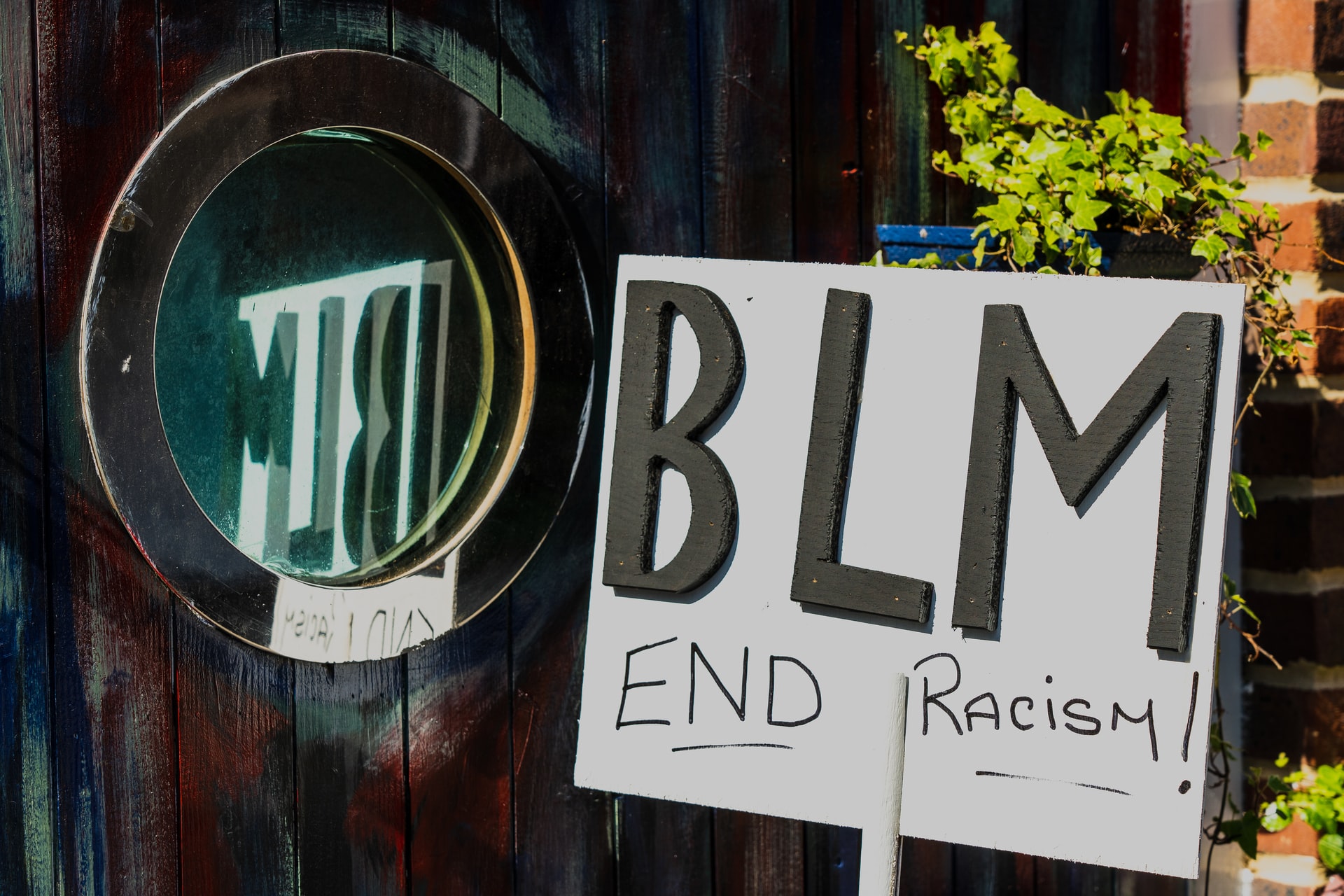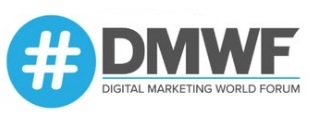
Over the past few years we’ve witnessed a striking shift in how brands communicate their identity, values and humanity. While companies traditionally avoid taking a public stance on social and political discourse, it seems that more and more brands are choosing to break this mould.
While some chalk up this change to progress, there are countless critics of corporate social activism that argue that brands’ motivations are neither altruistic nor pure. And certainly, when brands are allocating marketing dollars towards promoting a social cause instead of their own product, criticism or at the very least curiosity are warranted.
With brands engaging in social issues becoming the norm, it’s time to think critically about how your brand can avoid the pitfalls associated with such a practice. Brands participation in the conversations around Covid-19 as well as the Black Lives Matter movement offer two different scenarios companies can learn from to improve the way they communicate their values to customers.
The use of email in times of crisis
At the start of the Covid-19 crisis, many companies imbued their customer emails with kind, sentimental language, communicating a message of togetherness during a time of crisis and isolation. Some emails gave customers updates on important information like new business hours or expected shipping delays in light of the pandemic. But, for many brands the emails were purely messages of hope and solidarity. The success of many of these messages was tied directly to the brands’ ability to be authentic.
Finding your brand’s motive
An important lesson learned from the start of the Covid-19 crisis is to ask yourself what your motivation is for sending out customer communications regarding a social issue. If the answer to the aforementioned question doesn’t reflect the authenticity of your brand you should consider holding off on sending that message. Customers are becoming more acutely aware of brands that leverage progressive issues to make money. So be sure to always take a step back and reflect on your message before hitting send. If your intention isn’t authentic, you can be certain that your customers will be able to tell.
In late May and early June, brands used email programs and other marketing channels to communicate their support of the Black Lives Matter movement. Brands participated in this critical moment in history by sending customers messages that called for an end to systemic racism and outlined steps they would be taking to elevate BIPOC (black, indigenous and people of colour) in the workplace and beyond. These messages sparked conversations around the appropriateness of brands’ involvement in social movements as well as the pitfalls of virtue signaling, making a public statement to perform “goodness” without taking action. If you’re planning to send a message or create a campaign in regards to a social movement take a step back and think about what your company does internally to support the social movement in question.
If the answer is “not a whole lot” then it’s imperative that you pump the breaks on external messaging. Brands that focus only on their external presence without creating change from the inside out are seen as hypocritical by consumers. Simply put, if your company cannot walk the walk, they shouldn’t put out a statement that talks the talk. If there is no action plan or proof to support your external statement ask yourself why that is instead of joining a conversation your organisation may not be able to add to in a meaningful way.
The power of true authenticity
In 2020 countless brands, both large and small, expressed their opinions on social issues publicly. As these unprecedented times continue to unfold it’s time to think critically about how your brand will engage in critical conversations in the future. More than that, think about what meaningful changes your organisation can make so that when the time comes to share those values publicly they are based in action rather than good intentions. As brands continue to participate in corporate social activism, one thing is true: authenticity will always be key.
Photo by Nick Fewings on Unsplash

Interested in hearing leading global brands discuss subjects like this in person?
Find out more about Digital Marketing World Forum (#DMWF) Europe, London, North America, and Singapore.







Thank you for this wonderful helpful post.
I just want to say thanks for your wonderful post.
Thanks for providing useful information.